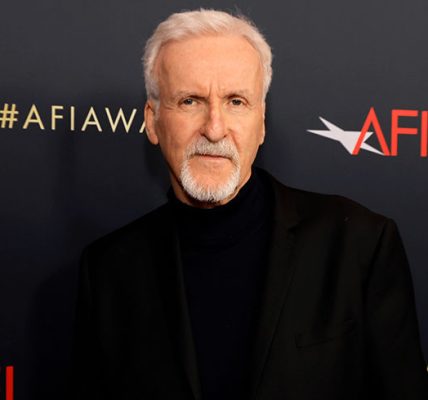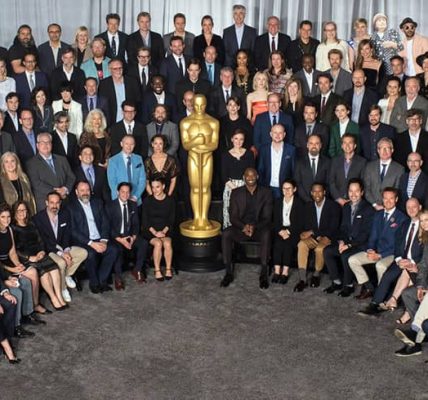The recent removal and subsequent restoration of Mohammed Assaf’s iconic anthem, “Ana Dammi Falastini,” on the streaming giant Spotify has ignited a whirlwind of controversy. The temporary disappearance of this significant Palestinian track left fans and activists bewildered, prompting a quest for answers. In this article, we delve into the intricacies of the situation, shedding light on the factors behind the initial removal and the subsequent uproar it generated.
The Rise of Mohammed Assaf:
Mohammed Assaf, a prominent 33-year-old Gazan Palestinian pop singer, achieved stardom after triumphing in the second season of Arab Idol in 2013. Throughout his career, Assaf has boldly employed his platform to vocally oppose the Israeli occupation of his homeland, often donning the Palestinian keffiyeh as an emblem of his unwavering resistance.
The Resonance of “My Blood is Palestinian”:
During the 2021 Palestinian protests in Sheikh Jarrah, “My Blood is Palestinian” experienced an unprecedented surge in popularity. Its resounding dabke-inspired rhythm struck a chord with Palestinian culture, embodying the spirit of resilience in the face of Israeli crackdowns. However, the abrupt removal of this nationalistic anthem from major streaming platforms sparked a storm of controversy and confusion, leading both Spotify and Assaf to offer differing accounts of the events that unfolded.
Conflicting Narratives:
Assaf disclosed in an interview with Al Araby Al Jadeed that Spotify had notified him via email that his song was taken down due to its alleged “incitement against Israel.” Contrarily, Spotify maintained that the decision was not theirs but rather at the behest of the song’s distributor. The music streaming giant clarified its position, expressing support for Assaf while asserting that it was not opposed to the song’s publication. They even published a list of Assaf’s other available songs to demonstrate their continued endorsement.
Unraveling the Distribution Dilemma:
Assaf expressed his surprise at the deletion of his song, a sentiment deemed plausible by music writer Danny Hajjar. In a Twitter thread, Hajjar shed light on the simultaneous disappearance of “Dammi Falastini” and the entire album from prominent platforms such as Apple, Spotify, Tidal, Amazon, and Deezer. He proposed that this occurrence typically signifies an issue with the distribution agreement required to host songs on these streaming platforms. Regrettably, inquiries directed towards the owner of Assaf’s label, Saudi Arabian MBC’s Platinum Records, remained unanswered, further obscuring the circumstances.
Political Undertones:
The removal of Assaf’s nationalistic song was accompanied by speculation of political motivations, fueled by the popularity of a petition organized by the Zionist advocacy group, We Believe in Israel (WBII). This petition, which garnered nearly 4,000 signatures, called for the removal of content perceived as anti-Israel on Spotify. Assaf’s song fell victim to this collective action due to its celebration of Palestinian identity, intensifying concerns that it was a manifestation of an ongoing trend of suppressing Palestinian voices.
The Struggle for Expression:
The removal of Assaf’s song, amidst a backdrop of aggressive censorship directed at Palestinian voices, reverberates among human rights activists and devoted fans alike. It epitomizes the distressing reality of stifled artistic expression and serves as a stark reminder of the challenges faced by Palestinian artists. Despite the setbacks, their music continues to serve as a resolute instrument in the pursuit of justice, freedom, and global recognition.
Conclusion:
As the echoes of “Ana Dammi Falastini” reverberate once again through the Spotify catalog, it symbolizes the indomitable spirit of Palestinian culture and their unwavering commitment to amplify their voices on a global stage. The removal and restoration of this powerful anthem unveil the complexities of artistic expression, the influence of political sensitivities, and the power wielded by online petitions. Ultimately, it underscores the enduring struggle faced by Palestinian artists and their relentless pursuit of an equitable future where their narratives are acknowledged and celebrated.









